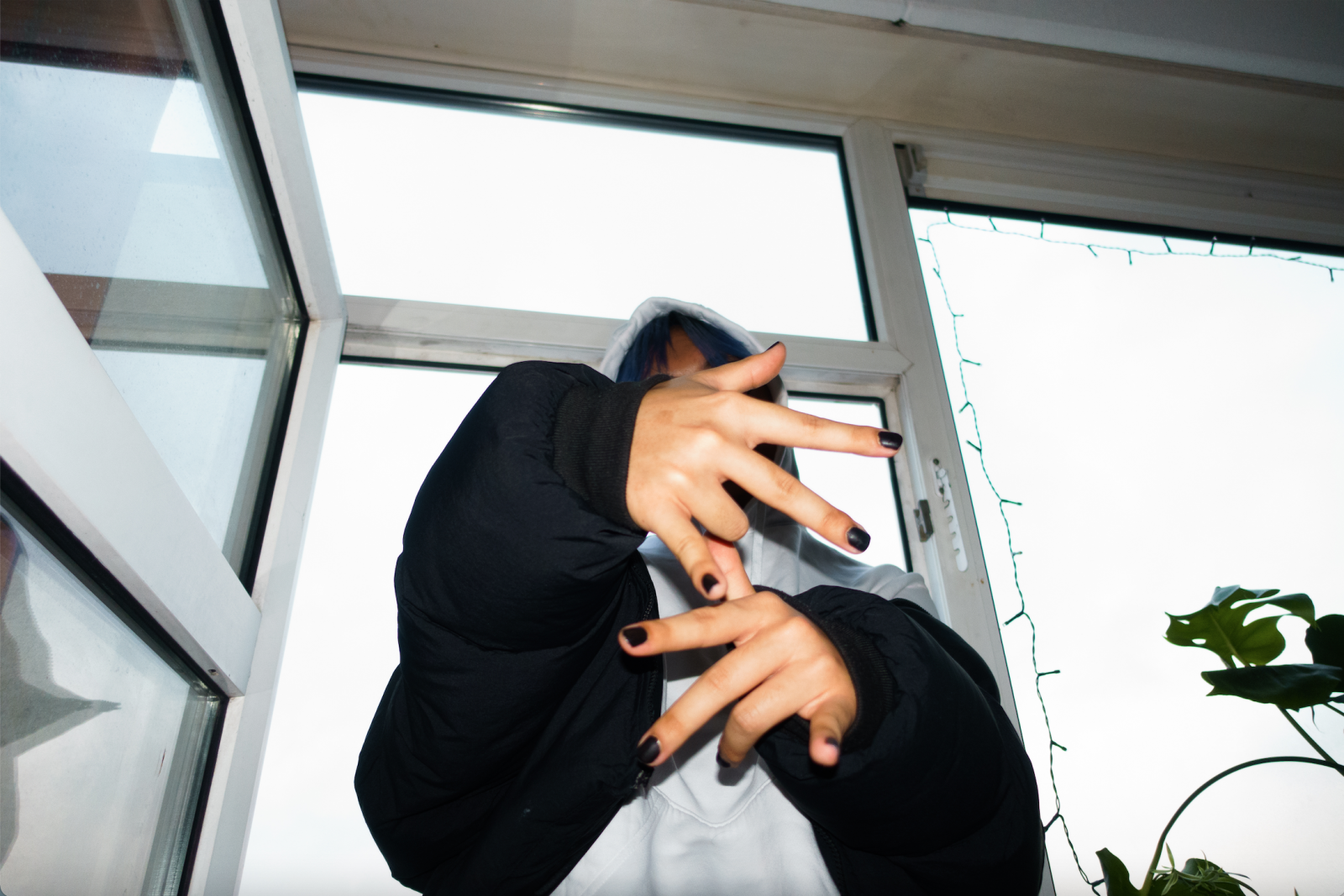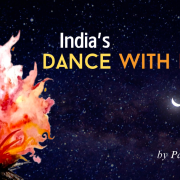From the moment I started immersing myself into the underground hip-hop realm of Rap Viet – a Vietnamese reality first rap show – it dawned on me that the Vietnamese music industry would never be the same. And by that, I mean those music genres which have long garnered so much popularity, like R&B or Pop, would gradually be drained and less favored, paving the way for a new wave of local hip-hop scene to rise.
In all fairness, the penetration of hip-hop culture into the mainstream music market is not an overnight phenomenon, but a constant and enduring process, which was only widely acknowledged in the limelight of Rap Viet. As such, this music genre and the artists who pursue it used to face backlashes from the judgmental, biased, and conservative mindset of many Vietnamese listeners. They’d rather bury themselves in cheesy, heart-wrenching songs about typical breakup stories than being ‘tortured’ by – what they called – ‘fistful lyrics full of profanity’. However, with its comeback in the TV show format, the local hip-hop culture has reached segments of young people from all walks of life who value authenticity, and are willing to rebuke the conventional, yet toxic professional etiquettes ingrained in many Vietnamese minds.
The Vietnamese hip-hop culture started gaining in popularity during the end of 2019, with the overwhelming success of Rap Viet. This show has not only sparked an eagerness in many young teenagers to express themselves more freely, but also bent the implications of what people thought they knew about rap and hip-hop culture as a whole. On the surface, hip-hop music is often perceived to glorify the abuse of sex and drug, thus negatively promoting an addicted, self-indulgent lifestyle. It is not difficult to notice the misogynistic portrayal of women as objects of male domination, and the use of drugs to bring pleasure in many rap songs. While this skepticism is justifiable, critics are also missing out on the culturally underlying and significant values that hip-hop offers. That being said, Rap Viet shows the audiences different ways to view these rappers. They are either not perfect or try to portray an immaculate image of flawlessness, and despite the chest-thumping beat used in many rap songs, deep down are the autobiographical stories of insecurities, struggles, and self-identity being told. Emboldened by this new insight, many young people have felt a sense of relatability as if they have found a community that liberates them from the unwaveringly conservative social norms.
When hip-hop intersects with traditional customs of Vietnam, many audiences still have an unpleasant, strobe-like sensation that they rarely and unwillingly want to experience. A TV show like Rap Viet, therefore, cannot entirely untangle the stereotypes about hip-hop, as there are still remnants of problems that do not immediately vanish. However, we can observe many changes, explicitly through the way young people dress. You could say that hip-hop is about self-expression, and increasingly, fashion provides the tools. Indeed, through fashion, what young people are looking for is not external validation as much as self-expression. Many have started to adopt the ease and practicality of streetwear – a generation that values identity over conformity, forged by the wave of hip-hop culture in Vietnamese contemporary society. From excessively accessorizing mouthpieces, necklaces, earrings, etc., to combining items such as a vested jacket, printed T-shirt, or flannel with baggy track pants and a good pair of sneakers (maybe being even more extra with wearing a beanie in the summer). These are some of the staples that young Vietnamese adolescents would wear daily. Not just fashion, other aspects of hip-hop are also lurking in their lives. Hip-hop dancing classes providing choreography for popular rap songs are highly demanded, as well as skaters are seen more frequently on the street. All are attributed to creating a Vietnamese youth culture that reflects hip-hop at its core.
But beyond those tangible changes, hip-hop culture empowers young people to freely design their way, and not necessarily be aligned with the designated options set by the norms. Since they have seen many successful people pursuing their careers different from the conventional paths in this community, it motivates them to do the same. In fact, what many label ‘pipe dream’, enables much ground-breaking work to be done. Hence, Vietnamese hip-hop culture serves a purpose larger than itself, it is not necessarily a lifestyle that people should adopt, but a gateway for them to lead their life more freely, despite whatever lifestyle that would be.
Author: Quynh Trang Le
Editor: Phoebe Elliott
Visuals by: Lam Ngoc Do


